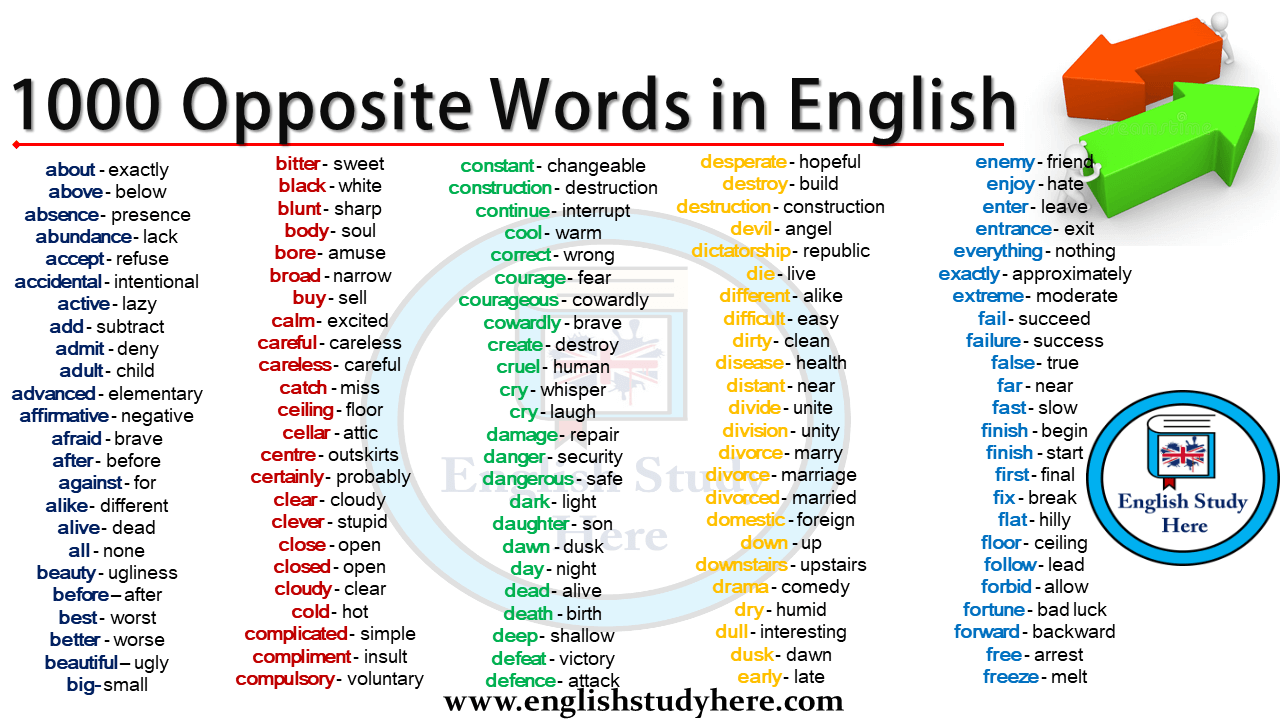

Kopp (1982) described the basic development of self-regulation in early childhood as growing from early reactive reflexes to proactive and conscious planning processes ( Bronson, 2000 Kopp, 1982). Self-regulation is widely recognized as a critical social-emotional skill underpinning children’s abilities to act pro-socially with peers and adults, participate productively in learning activities, and adapt successfully to new or challenging situations. The Development of Self-regulation in Young Children

This paper addresses the commonly held belief that young children’s language skills support their self-regulation by examining the longitudinal development of these skills in toddlers. Or it may be that children who have larger vocabularies, indicative of larger symbolic repertoires, have more mental tools to use in service of self-regulation. Do language skills support the self-regulation of even very young children, or do these skills integrate only later in development once children are more consistent users of language? Further, if language skills do support self-regulation, which aspects of language help children self-regulate? It might be that children who talk more exert more control over their environments and thus are less frustrated. Cole, Armstrong, and Pemberton (2010) review the research on the development and integration of expressive language and self-regulation skills, and pose the question: Do children need to develop a certain level of expressive language, executive functioning, and emotion regulation as separate domains before these skills are integrated? Thus, we may ask whether parents and educators have unrealistic expectations about the role of language in the self-regulatory skills of toddlers when they use the phrase “Use your words” to encourage a child’s verbal self-regulatory skills. However, few studies have examined such associations for children under three, when there is wide variation in language skills, and when developmentally based interventions may be most valuable. Astington & Jenkins, 1999 Cutting & Dunn, 1999) and atypical populations ( Cole, Zhan-Waxler, & Smith, 1994 Spira & Fischel, 2005). Several studies have found positive associations between language skills and pro-social and self-regulatory behavior in three- to five-year-olds in both typical (e.g. The ability to self-regulate enables children to adapt to and gain the most from their environments thus much attention is given to the developmental processes and experiences that help children develop self-regulation skills. This phrase reveals the common belief that when children have the words to express their desires, needs, or feelings, they can better regulate their behavior to match the social expectations of the situation. “Use your words” is a common phrase addressed to toddlers and preschoolers who are acting out in frustration. Results reveal that, even in early development, words are tools that can be applied to the task of self-regulation, and may be a more necessary tool for boys than for girls at this age. When cognitive development was controlled, 24-month vocabulary still predicted the trajectory of self-regulation. Vocabulary is a better predictor of self-regulation than talkativeness, and both concurrent and prior vocabulary positively predicted children’s levels of self-regulation.

Results reveal gender differences in self-regulation trajectories, and in the impact of language on self-regulation. We used growth modeling of longitudinal data for 120 toddlers collected when children were 14, 24, and 36 months to test the impact of two expressive language skills – spoken vocabulary and talkativeness – on the growth of toddlers’ self-regulation, and to determine whether associations between these domains exist when controlling for cognitive development. Cross-sectional research indicates a positive but inconsistent association between language and self-regulation skills throughout toddlerhood, but research has not accounted for general cognitive development, nor gender differences in these domains. Vygotsky proposed that symbols, particularly words, serve as mental tools to be used in service of self-regulation. Self-regulation emerges throughout early childhood, and predicts later success in socially and cognitively challenging situations.


 0 kommentar(er)
0 kommentar(er)
